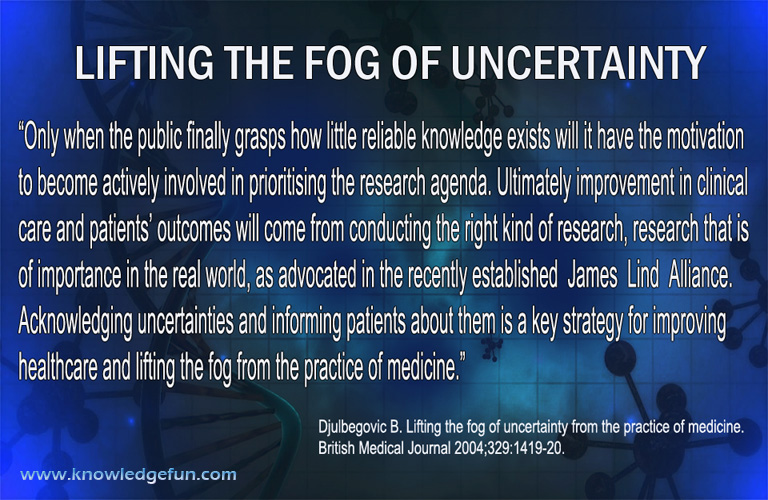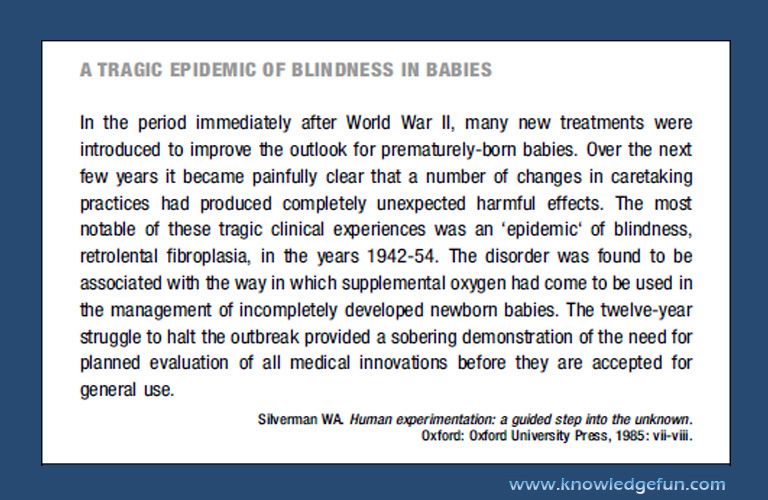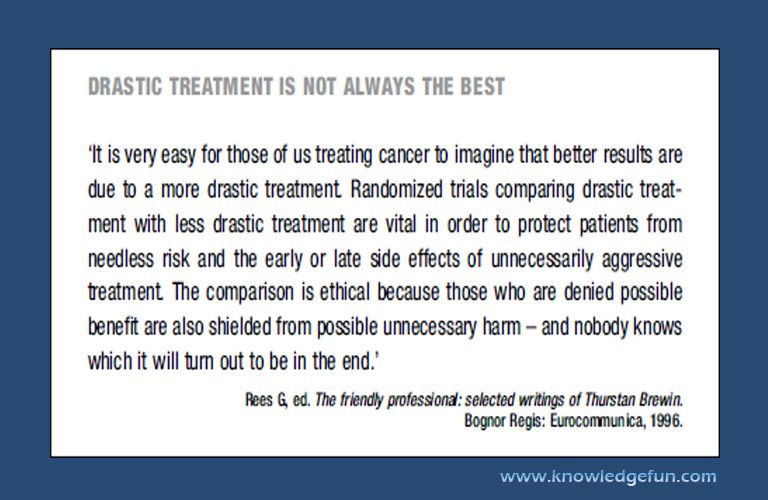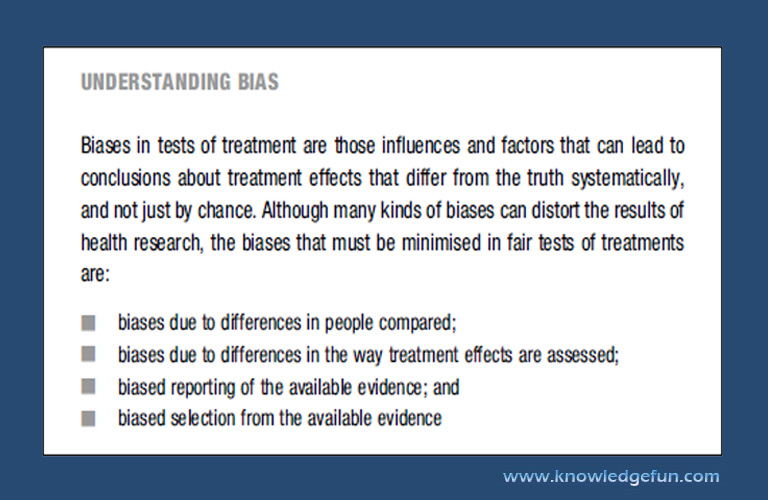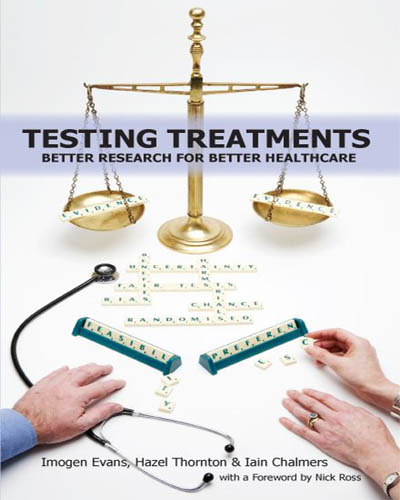Key Points
Biased (unfair) studies can lead to avoidable illness and premature deaths.
Neither theory nor professional opinion by itself is a reliable guide to safe, effective treatments.
Systematic reviews of studies are essential for designing and understanding both human and animal experiments.
Patients can draw attention to unexpected effects of treatments.
More intensive treatment is not necessarily beneficial.
Looking for disease in apparently healthy people can do more harm than good.
Comparisons are the key to all fair tests of treatments; they are essential for judging whether or not a treatment causes a certain effect.
The old adage that Nature is a great healer happens to be true – people often recover from illness without any specific treatment at all.
Unless attention is paid to biases and the play of chance, it is easy to conclude that some treatments are useful when they are not, and vice versa.
Systematic reviews of all the relevant evidence should be the basis for assessing treatment effects.


